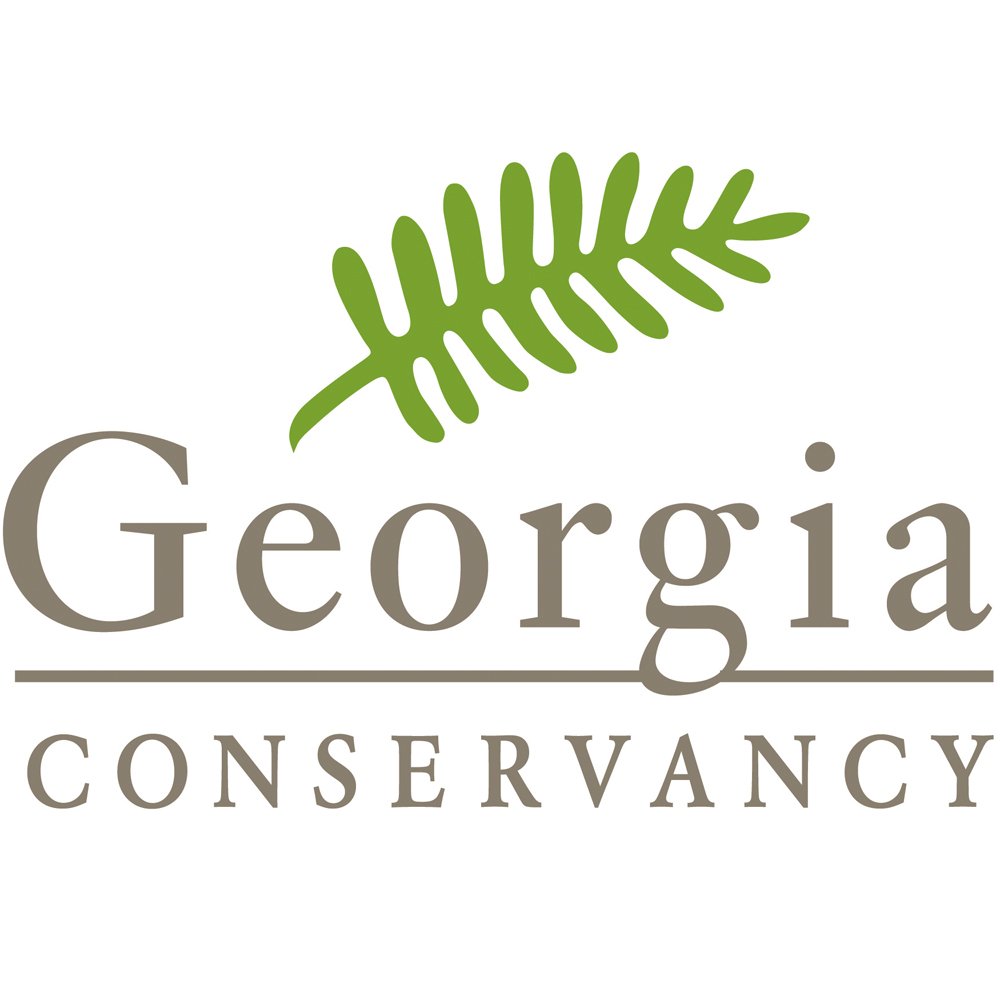Water Policy
The Georgia Conservancy is strongly committed to protecting water, both quality and quantity, in Georgia for the long term benefit of people and natural systems.
Background
Healthy rivers, streams, wetlands, aquifers, and estuaries are vital to all life, as well as to the state’s economic prosperity and quality of life. Each of Georgia’s 14 major river basins is culturally and ecologically unique and significant, with many containing aquatic species occurring nowhere else in the world.
Vision
The Georgia Conservancy envisions a Georgia where all citizens enjoy clean and abundant drinking water, where diverse aquatic habitats are preserved for wildlife and recreation, and where water management is guided by a comprehensive state water management plan that is founded on sound science and ecological integrity, guided by public participation, and enforced through statutes and regulations.
Principles
The following principles are the foundation of the Georgia Conservancy’s advocacy to protect Georgia’s water resources:
- Water is a public resource and all Georgians have the right to clean and plentiful water for their reasonable use.
- Georgia’s surface and ground water must be managed and regulated by the state in the public interest and in a sustainable manner.
- Georgians should use water efficiently and champion the protection of our state’s unique aquatic resources.
- Water should remain in the river basin where it naturally occurs and flows should be maintained for instream and downstream uses.
Positions
The following positions guide our programs and inform our education and advocacy work:
- The management of our water resources requires regional planning that is based on watersheds, river basins, and aquifers. It should be inter-jurisdictional and promote land use practices that maintain and restore natural watershed health.
- Water and energy efficiency provide the most economically and environmentally beneficial means of water stewardship. Georgia must move swiftly to reduce water and energy demand through stringent conservation and efficiency measures that reduce consumptive water use, the portion of water withdrawn that is evaporated, transpired, or consumed and not immediately returned to the water source.
- Directly, Georgia can reduce individuals’ water demand through conservation pricing, fixing leaky pipes, implementing a permanent daytime watering ban, and replacing old inefficient fixtures.
- Indirectly, Georgia can reduce water demand by reducing overall electricity demand. Georgia can decrease individuals’ electricity demand by one-third by utilizing alternative energy sources, implementing building efficiency measures, replacing inefficient fixtures and appliances, and educating the public on the importance of simple behavioral changes.
- Agricultural irrigation and thermoelectric power sectors represent the largest volume of consumptive water use in Georgia.
- Reservoirs and other water supply measures such as increased withdrawals, and inter-basin transfers should be considered only after strong conservation and efficiency measures are in place, an aggressive reduction goal is met, and a full assessment of the environmental impacts of the proposed project is conducted.
- Permitting of water supply reservoirs should only proceed in cases where:
- the State demonstrates the need over a 50-year planning horizon;
- the reservoir has capacity to serve a multi-jurisdictional area;
- drinking water supply is the primary intended use;
- all water supply alternatives have been addressed and aggressive water conservation and reuse goals have been met;
- site selection will have minimal impact on stream fragmentation, threatened and endangered species and their critical habitats;
- the reservoir will be sited off stream and not on the main stem; and
- the design and operation will maintain the natural seasonal flow pattern so as not to jeopardize ecosystem health.
- Georgians must recognize that the bountiful water resources in the state are finite. As demand grows, some method of establishing the value of water and a mechanism to fund infrastructure and management of water resources must be developed. Management of water quality, quantity, and use must incorporate well funded, ongoing scientific research and comprehensive monitoring. The State should actively promote stormwater utilities as a means to fund non-point source pollution controls and actively promote specific funding mechanisms to ensure water and wastewater treatment facilities are updated and protective of Georgia’s water resources.
- Georgia must have an in-stream flow policy that restores, maintains, and preserves the natural seasonal flow pattern of streams and rivers. This is essential to the protection of water quality, stream and riparian ecology, and aesthetic and recreational uses.
- Georgia must protect and restore headwater streams, freshwater wetlands, and aquifers and aquifer recharge areas in order to sustain water quality and quantity.
- To ensure enough clean water now and into the future, Georgia must reject the following unsustainable approaches:
- the injection of impacted water into aquifers;
- unreasonable and unbalanced water transfers;
- dredging and development where sustainable water supplies and assimilative wastewater capacity do not exist; and
- desalination.
- Georgia must promote, fund, and integrate green infrastructure solutions including:
- preservation of greenspace;
- protection of riparian buffers;
- implementation of low impact stormwater management practices; and
- watershed limitations on impervious surfaces;
- Georgia must protect its spectacular estuarine and marine ecosystems, including tidal waters, marshes, and back barrier islands in order to maintain the historic, cultural, recreational, and ecological features of Georgia’s extraordinary coast. Not only is Georgia’s coast the least disturbed coast on the eastern seaboard but it also contains one-third of the marshland area on the eastern seaboard.




